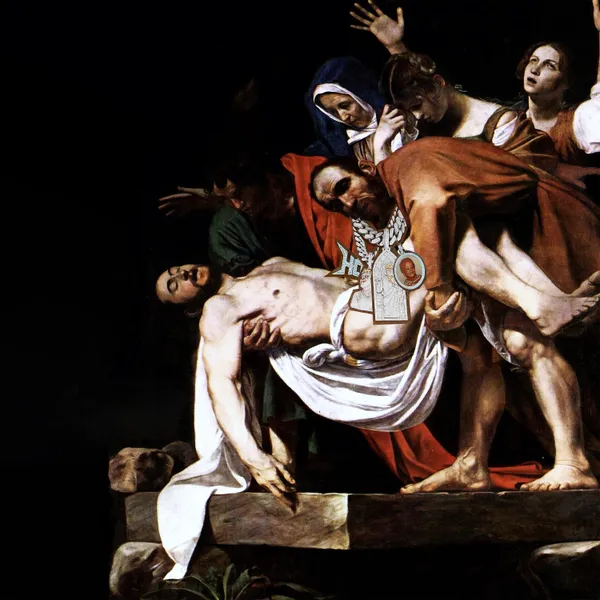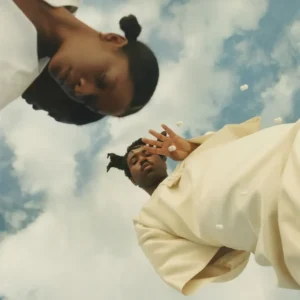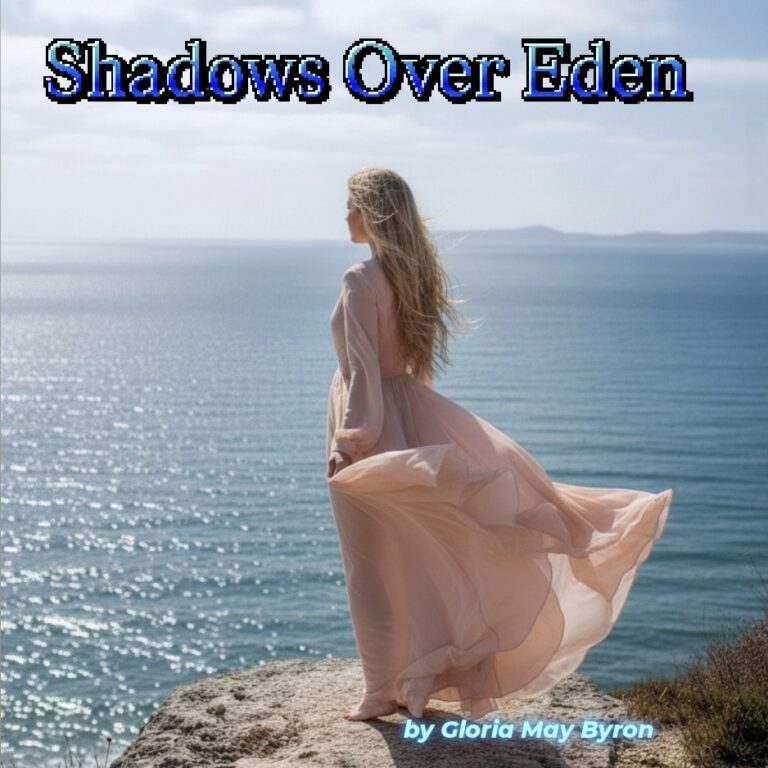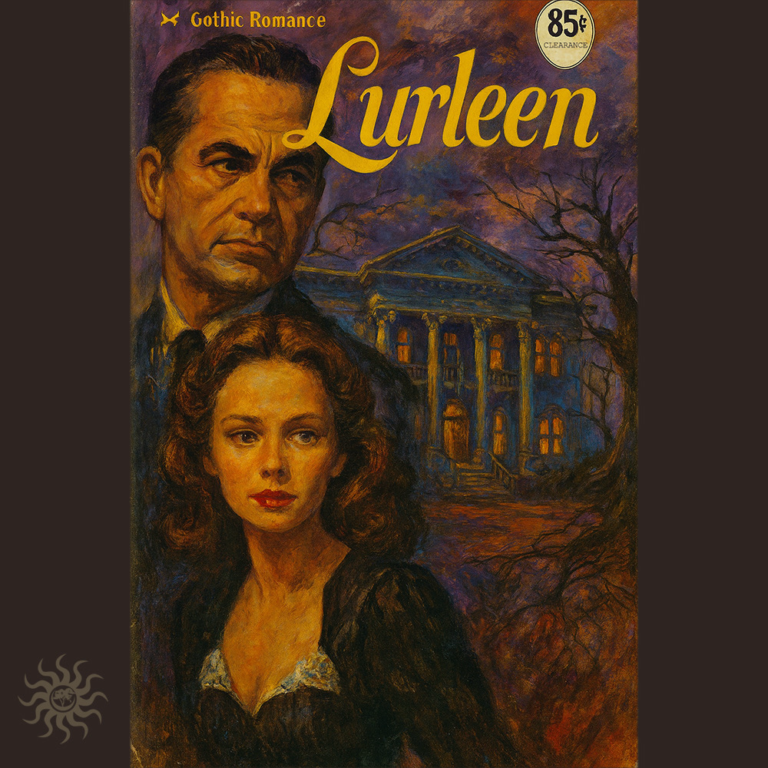Die-hard followers of Griselda can anticipate certain elements when they delve into an album executive-produced by the label’s leader, Westside Gunn: meticulous production, notable features, impeccable sequencing, and, more recently, standout performances by Stove God Cooks. However, what they haven’t typically expected is the element of surprise. This isn’t to undermine Westside Gunn’s influence or comment on his artistic evolution. As a curator, his projects have served as launchpads for talents like Estee Nack, Rome Streetz, and producers such as Conductor Williams, along with visual artists like Isaac Pelayo. Despite experimenting with his overall sound leading up to his latest LP, “And Then You Pray For Me,” he has mostly stayed within a specific sonic framework.

While “Pray For Paris” acted as a welcoming entry point for new listeners, his newest release, spanning 21 tracks, did offer many expected elements— an AA Rashid intro, an interlude featuring his daughter critiquing wealth, a poem by Keisha Plum, and even a tap dancing interlude by Cartier A. Williams. However, it also introduced an unexpected twist: trap beats, a departure from his usual style. With production by Tay Keith, known for “Sicko Mode,” and less familiar names like Miguel da Plug, Gunn ventures into uncharted territory for a significant portion of the album. Gunn foresaw potential resistance from core fans, acknowledging in an Instagram clip that some might accuse him of changing. The result is a mixed bag that relies on the listener’s willingness to adapt. Some experiments, like the Tay Keith collaboration “Kostas” featuring Benny and Conway, stand out as LP highlights. However, tracks like “LL BOOL GUNN,” with a more formulaic flow, may not resonate with those on the fence.
For devoted fans, Gunn maintains the tried-and-true formula for the remaining tracks, delivering exceptional joints. “Mamas PrimeTime” kicks off the album with fervor, featuring impressive verses from JID and Conway. “Kitchen Lights,” produced by DJ Benoit, is a soulful gem, complemented by a standout Stove God verse. Meanwhile, tracks like “Flygod 2x” and “The Revenge of Flips Leg” showcase Gunn’s prowess, especially under the skillful touch of Conductor Williams. The album feels like a fusion of two disparate projects—one adhering to the well-defined Griselda aesthetic and another exploring a sound Gunn has yet to master fully. While some might see this as an admirable embrace of evolution and exploration, others may question whether the project could have been more cohesive with a clearer division between the two sounds. Ultimately, the album reflects Gunn’s personal journey, unapologetically creating music that resonates with him in the moment, even if it challenges the expectations of his audience. The album, in Gunn’s perspective, is about evolution and exploration, and whether listeners adjust to this new sonic direction remains to be seen.




















+ There are no comments
Add yours